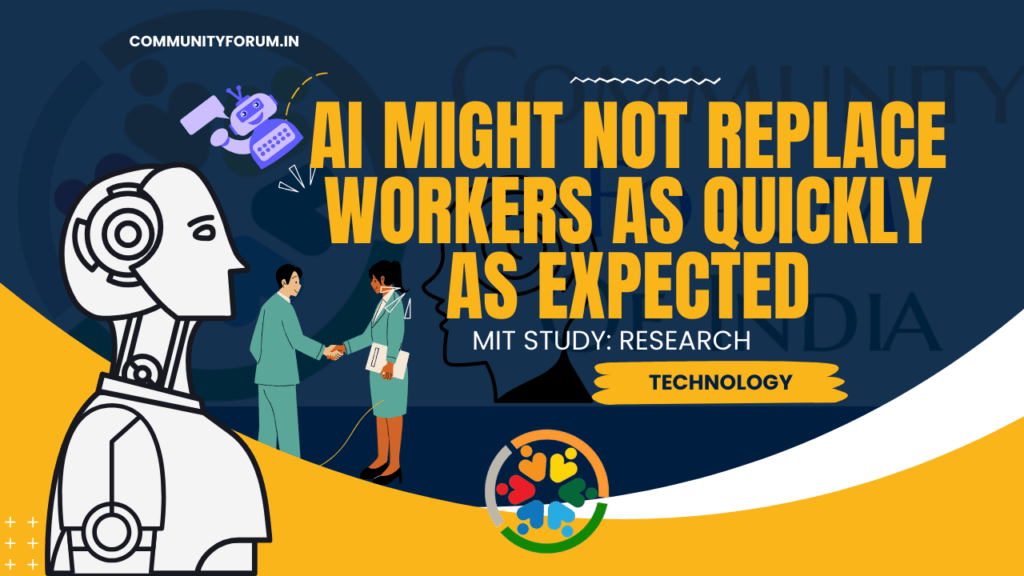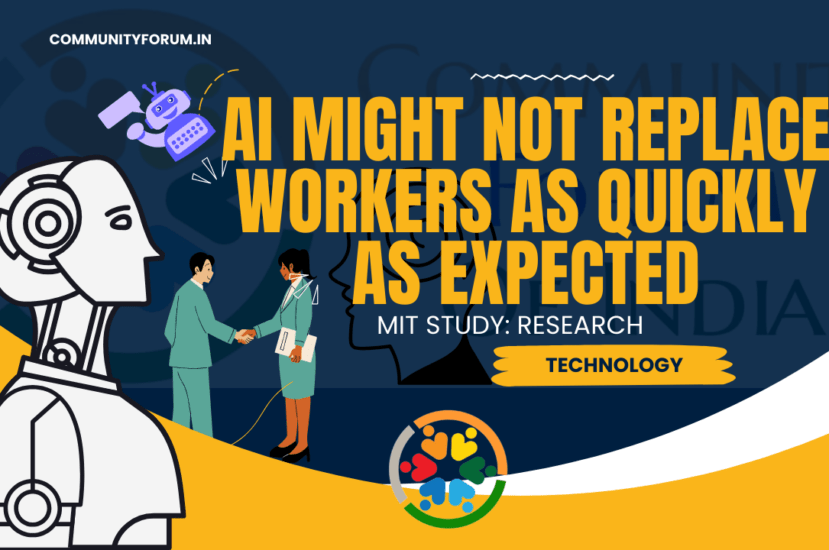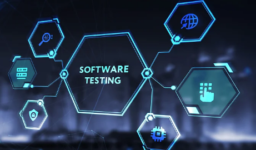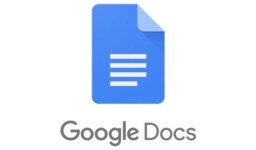
Table of Contents
A new MIT Study Suggests that ai might not replace workers as quickly as expected
For years, the specter of artificial intelligence (AI) replacing human workers has loomed large, fueling anxieties about robot uprisings and mass unemployment. But a recent study from the Massachusetts Institute of Technology (MIT) throws cold water on these apocalyptic predictions, suggesting that AI’s impact on the job market might be much slower and less dramatic than previously thought.
Forbes Report: AI Will Not Steal Your Job Anytime Soon, MIT Researchers Say (forbes.com)
The AI Job-Stealing Myth Debunked
The MIT study, titled “Beyond AI Exposure: Automation, Productivity, and the Future of Work,” delves into the often-misused concept of “AI exposure.” This term refers to the idea that jobs with tasks easily replicated by AI are at high risk of automation. However, the study argues that AI exposure alone is not a reliable predictor of job displacement.
Here’s why:
- Economic Viability: Replacing human workers with AI isn’t simply a matter of technical feasibility. Companies also need to consider the economic costs involved. The study found that only 23% of wages paid for tasks exposed to AI could be cost-effectively replaced by machines at the current stage. This means that for many jobs, even if AI can technically do the work, humans are still the more cost-effective option.
- Human Advantages: Humans bring unique skills and qualities to the table that AI currently struggles to replicate. These include creativity, critical thinking, social intelligence, and adaptability. Tasks requiring these skills are less susceptible to automation, suggesting that human-AI collaboration will be the future of work, not AI dominance.
- Gradual Shift: Even for jobs with high AI exposure, the transition to automation is likely to be gradual, not an overnight revolution. This gives workers time to adapt and reskill, mitigating the negative impacts of job displacement.
Is Your Scroll Taking a Toll? The Impact of Social Media on Mental Health – Community Forum
The Future of Work: Humans and AI as Partners
The MIT study paints a more optimistic picture of the future of work, where AI acts as a tool to augment human capabilities rather than replace them. This human-AI collaboration can lead to increased productivity, innovation, and job creation in new areas.
Here are some of the ways AI can benefit workers:
- Automating Repetitive Tasks: AI can handle tedious and repetitive tasks, freeing up human workers to focus on more creative and strategic work.
- Enhancing Decision-Making: AI can analyze vast amounts of data to provide insights and recommendations, helping humans make better decisions.
- Personalizing Work: AI can personalize learning and training programs, helping workers develop the skills they need to thrive in the evolving job market.
Preparing for the AI-Powered Future
While the AI job-stealing myth may be debunked, it’s still important to prepare for the changing landscape of work. Here are some tips for workers:
- Develop Adaptability: Embrace lifelong learning and be willing to reskill and upskill as needed.
- Focus on Uniquely Human Skills: Hone your creativity, critical thinking, and social intelligence, as these skills will be increasingly valuable in the AI age.
- Become an AI Collaborator: Learn how to work effectively with AI tools and leverage their capabilities to enhance your work.
Conclusion:
The MIT study offers a much-needed reality check on the AI and jobs debate. While AI will undoubtedly transform the work landscape, it’s unlikely to lead to mass unemployment in the near future. Instead, we can expect a more nuanced future where humans and AI work together, creating new opportunities and shaping a more productive and fulfilling work environment for all.
So, breathe a sigh of relief, humans! Your jobs are (probably) safe for now. But remember, the future of work is still evolving, and the key to success lies in embracing lifelong learning and adaptability. Let’s work with AI, not against it, to build a brighter future for ourselves and the generations to come.
I hope this blog post provides valuable insights and sparks a productive conversation about the future of work in the age of AI.




